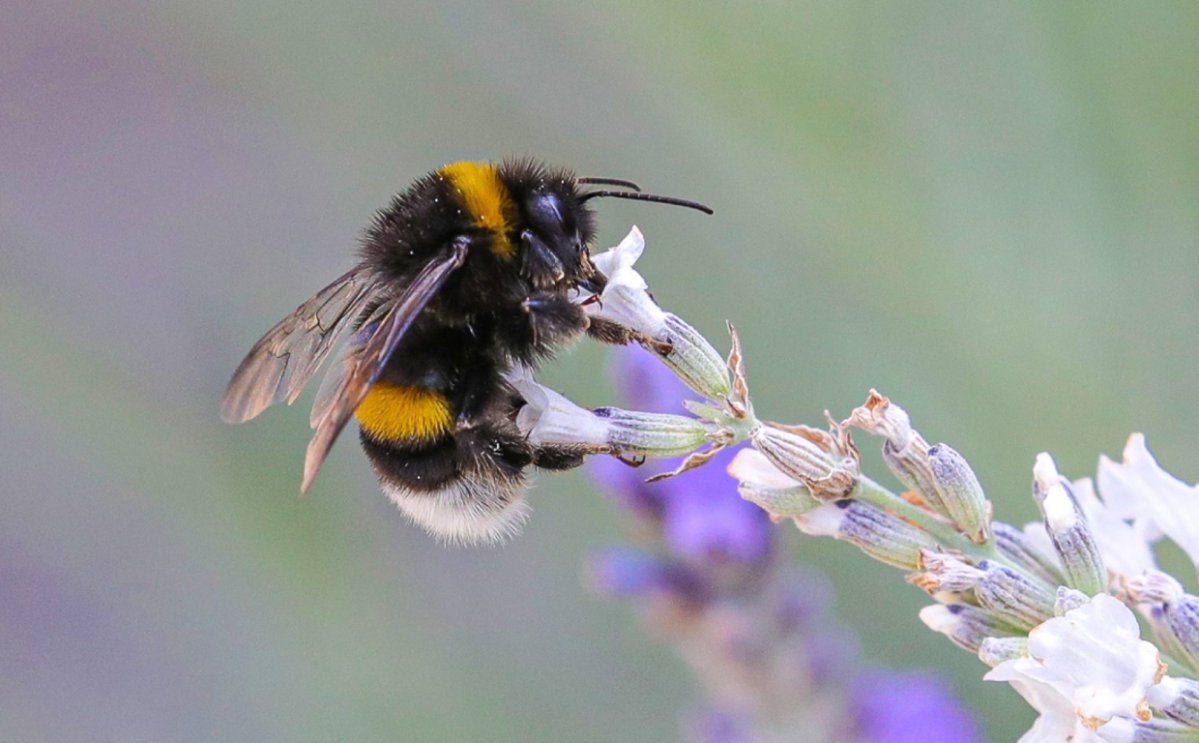A British family on holiday in Turkey brought home a controversial souvenir. Now, it’s been sentenced to death.

The Department for Environment, Food and Rural Affairs (Defra) is on the hunt for a rare osmia avosetta bee that travelled home with the Toy family after their vacation in Dalaman last week.
The bee — known for constructing intricate cocoons out of flower petals — enjoyed its short stay at the Bristol family home before Defra announced it intended to capture and kill it.
A wrench was thrown in the department’s plan when the family announced that the insect apparently made a beeline for the outside world, narrowly escaping death.
The environmental organization claims that the bee could pose a threat to surrounding species.
READ MORE: Insect migration studied with the help of tiny ‘fanny packs’: researcher
Amelia Toy, 19, first noticed its presence when she found a cocoon on her sofa.
“I just Googled ‘petal nest’ and it came up straight away,” she told BBC.

Get breaking National news
“I did a bit of research and found it was only found in Turkey or Iran,” she continued. “That’s when I found out it’s not really meant to be here.”
WATCH BELOW: Buzz-worthy: Montreal entomologists warn of the dangers of raising urban bees

Her family, Toy explained, was instructed by Defra to kill the little intruder.
“They advised my mom to capture it and freeze it,” she explained. “But then it didn’t appear, so we weren’t able to capture the bee.”
There’s great debate on whether or not this insect actually does pose a threat, through spreading viruses or outnumbering other bee populations in the area.
But former president of the organization, Tim Lovett, told the the U.K.’s The Telegraph that it’s highly unlikely one single bee could make this happen.
READ MORE: Why do insects matter? Alberta bug course will tell you
The family believes the bee made its way to England by hopping into one of their suitcases.
First discovered a decade ago, the type of bee is native to Turkey, but has also been found in Iran, Syria and Jordan.
The Animal and Plant Health Agency (APHA), a sector of Defra, plans to DNA test cocoons left behind by the rogue insect.
—
meaghan.wray@globalnews.ca
- L.A. wildfires: U.S. asks Canada for resources as provinces send aid
- Ex-FBI informant who fabricated bribery story about Biden, son gets 6 years in prison
- How will Trump impose tariffs on Canada and others? His options, explained
- Los Angeles wildfires: Alberta plans to send water bombers, other resources to California








Comments